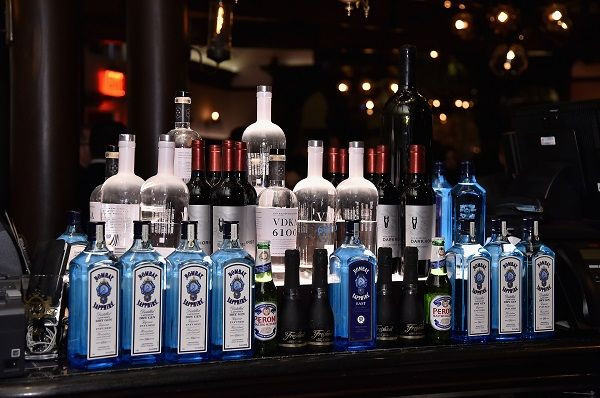Does Alcohol Consumption Disrupt Breathing? New Study Reveals Consequences Of Excessive Drinking

Is it time to give up your daily glass of wine? A new study has found that excessive alcohol consumption could affect respiratory health.
Researchers found that adults who drink excessively have less nitric oxide in their exhaled breath than those who don’t, Yahoo News reported. Nitric oxide, which is a colorless gas produced by the body during respiration, is a molecule that protects against some harmful bacteria such as those that cause respiratory infections.
These findings mark the first study to reveal an association between nitric oxide and excessive alcohol consumption. The study was done by Loyola Medicine and Loyola University Chicago, USA. The team used data collected from the U.S. Centers for Disease Control and Prevention's National Health and Examination Survey.
The NHANES program uses interviews and physical examinations as a part of their studies to access the health and nutritional status of their subjects. Researchers used data from 12,059 adults who participated in the study between 2007 and 2012.
Questionnaires were used to separate participants into the following categories, never drinkers, nonexcessive drinkers, excessive drinkers and former excessive drinkers.
Women who fell into the excessive drinkers categories admitted to consuming more than one drink per day on average whereas men who were in the group consumed two drinks per day. Subjects who also made the group were those who participated in binge drinking at least once per month. For women, binge drinking was defined as having four or more drinks in one sitting and five or more drinks for men.
From the sample data collected from the group, it was determined that 26.9 percent were excessive drinkers. Researchers found that the more alcohol consumed by an excessive drinker the lower the nitric oxide level. The team also revealed that the excessive consumption of alcohol disrupts the healthy balance in the lung.
Despite the findings, researchers said further investigation needs to be done about the association between exhaled nitric oxide levels and alcohol consumption.
© Copyright IBTimes 2024. All rights reserved.






















